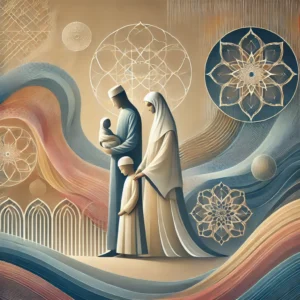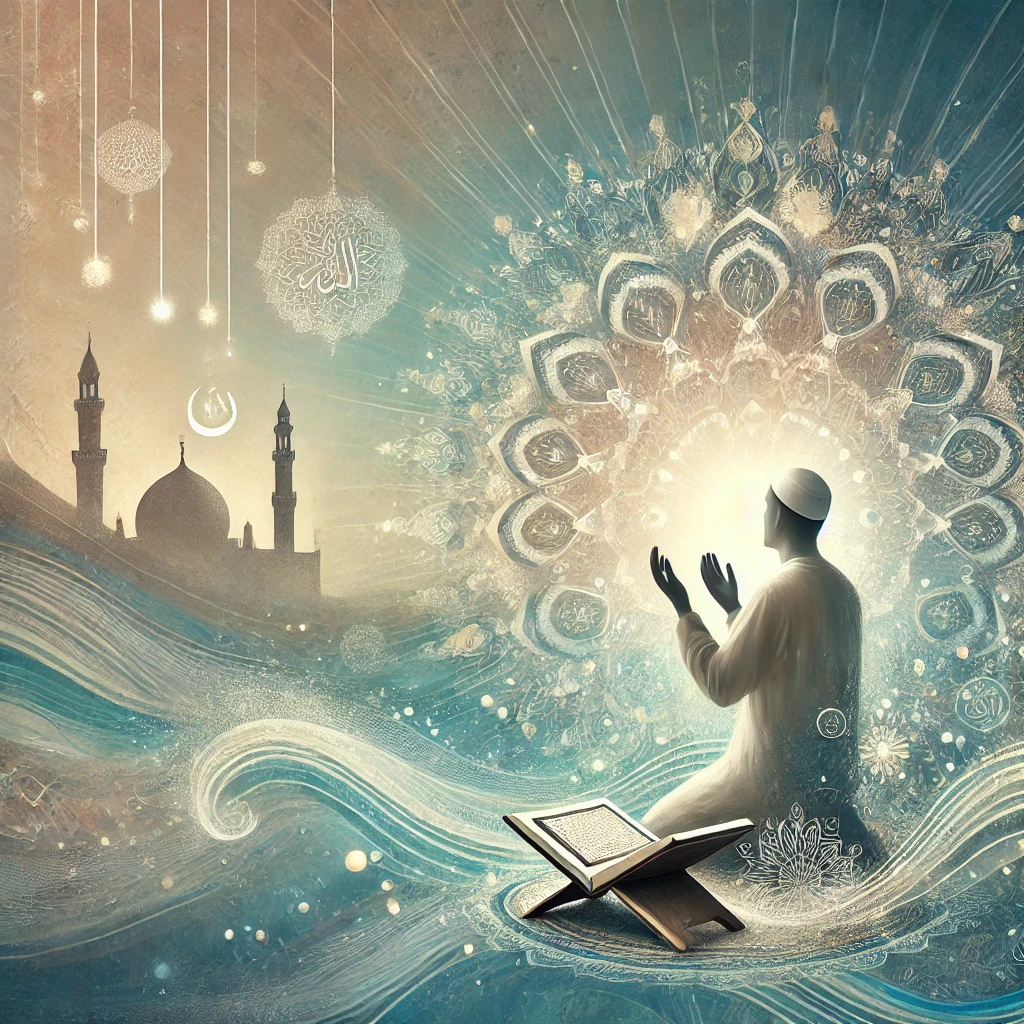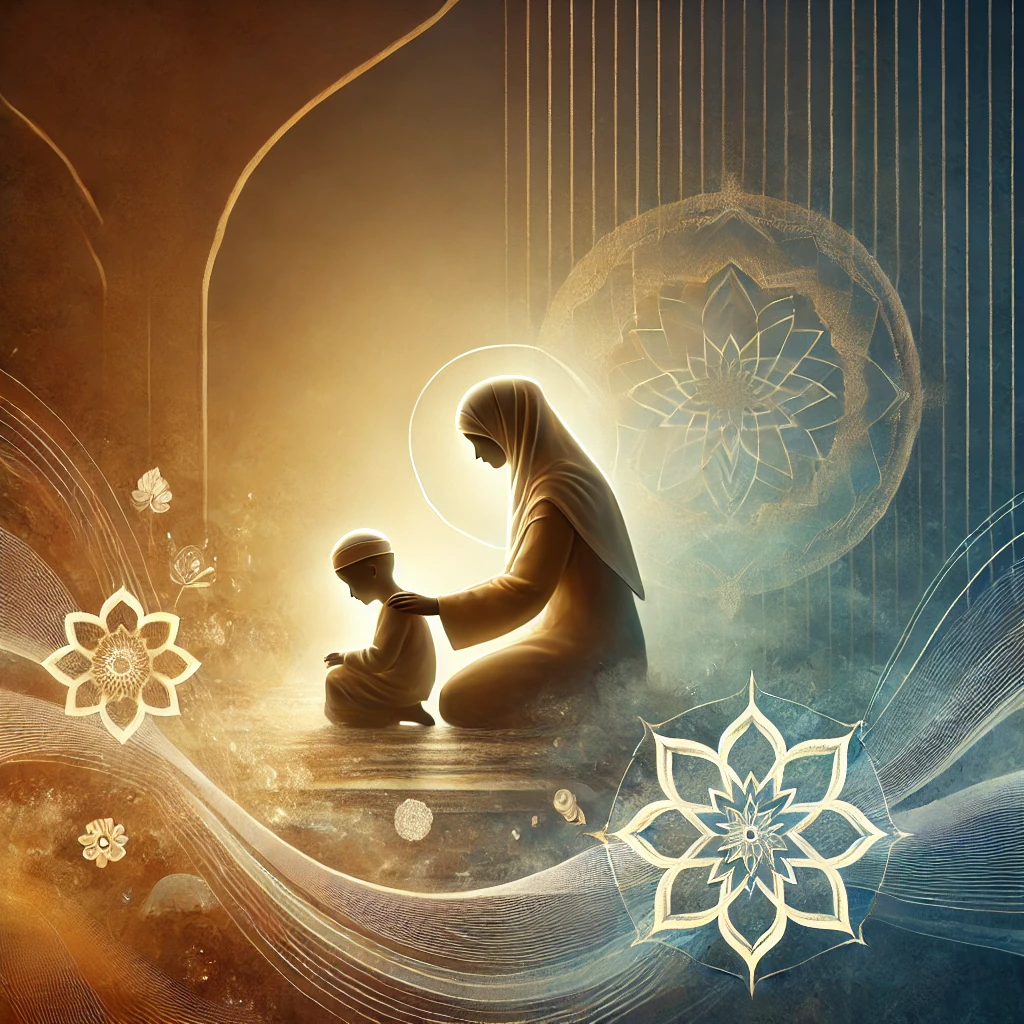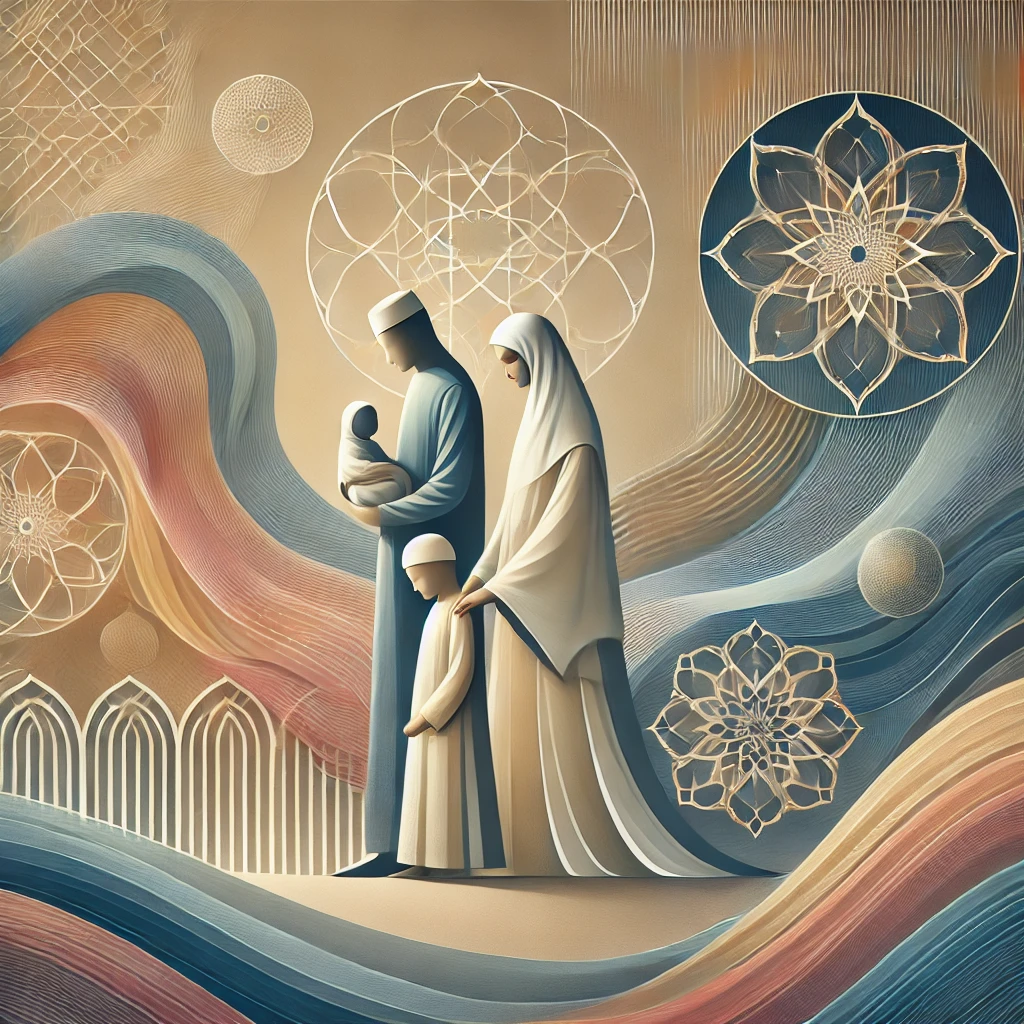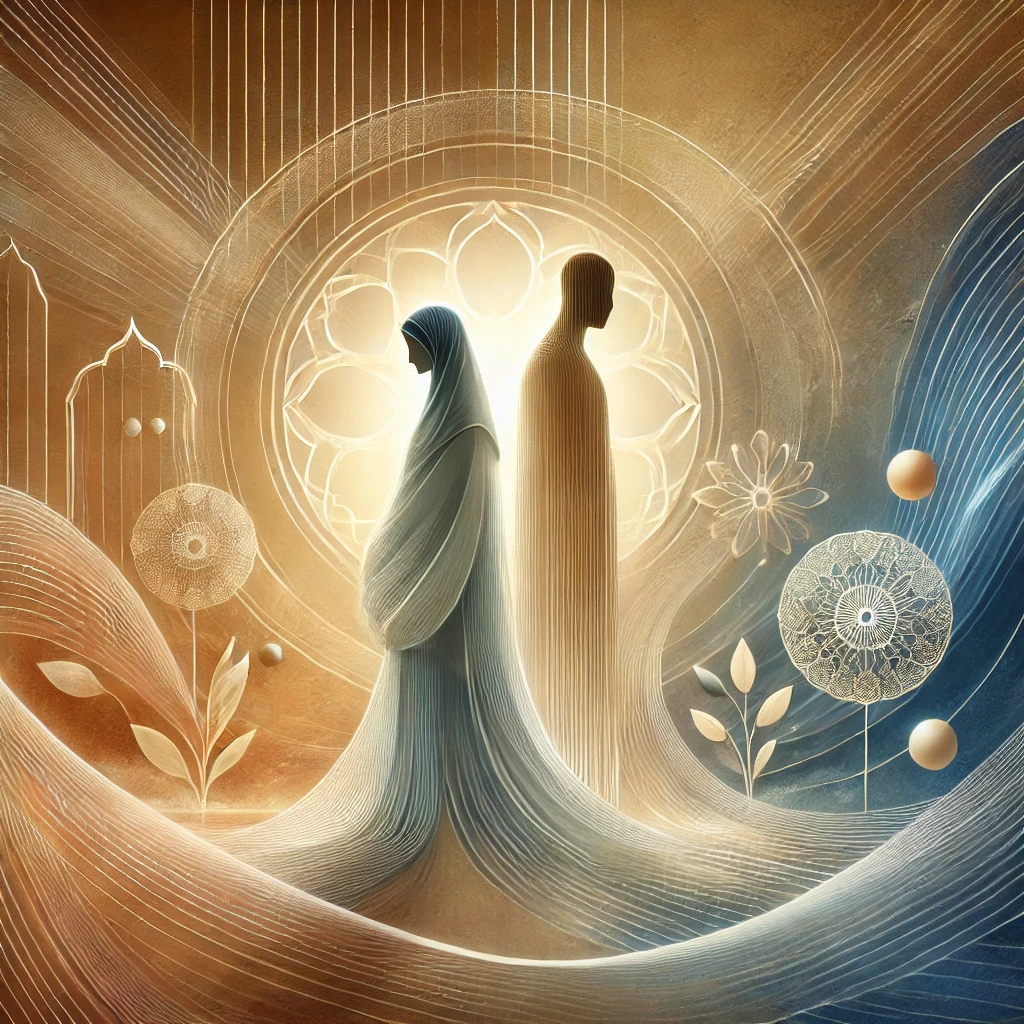In Islam, supplication, or “Dua,” is one of the most sincere ways for a Muslim to communicate directly with Allah. The word “Dua” means “to call upon” or “to seek help,” and it signifies a Muslim’s act of turning to Allah with heartfelt pleas, needs, fears, and expressions of gratitude. Dua is the essence of worship; it is the spiritual bond Muslims establish with Allah. This bond enables Muslims to turn to Allah not just in times of difficulty but in every moment of their lives. Dua is the purest way of acknowledging Allah’s greatness and mercy and expressing love and devotion to Him.
Dua serves as a source of spiritual balance and tranquility in a Muslim’s life. Amid the chaos and challenges of daily life, Dua helps Muslims find inner peace and feel the presence of Allah. It is an inner journey of the soul, a call from the depths of the heart reaching out to Allah. This call expresses the individual’s humility and acceptance of their own limitations and Allah’s absolute power. As mentioned in the Quran, Allah hears the prayers of those who call upon Him and responds to them. This awareness strengthens Muslims’ trust and submission to Allah.
In Islam, Dua is not just an individual act but also a communal one. When Muslims come together to pray, they ask Allah for goodness and forgiveness for themselves and for all Muslims. This practice strengthens social solidarity and brotherhood in Islam. Group prayers and supplications, such as those made during Ramadan, Eid prayers, and on Fridays, reinforce the sense of unity and community among Muslims. These collective prayers serve to express communal devotion to Allah and strengthen the bonds of unity among Muslims.
Dua in Islam is also a means of spiritual development and drawing closer to Allah. When a Muslim prays, expressing their needs to Allah, they simultaneously acknowledge His greatness, mercy, and wisdom. This awareness deepens one’s spiritual depth and strengthens one’s love for Allah. Dua helps the individual discipline their soul, learn patience, and be content with Allah’s decree. Muslims understand that when they pray, they should ask Allah for what is best for them. This teaches them to be patient in the face of life’s challenges and to trust in Allah.
Dua is frequently emphasized in the Quran, with many prayers of prophets and righteous individuals included as examples for Muslims. For instance, the prayer of Prophet Yunus, “There is no deity except You; exalted are You. Indeed, I have been of the wrongdoers,” serves as a beautiful example of acknowledging one’s faults and seeking forgiveness from Allah. Similarly, the prayers of Prophets Ibrahim and Musa exemplify submission to Allah and trust in Him. These supplications encourage Muslims to embody the same sincerity and submission in their own prayers.
In conclusion, Dua is the essence of worship in Islam and one of the most sincere bonds a Muslim can form with Allah. It is not merely about expressing desires and requests but also about showing love, respect, and submission to Allah. Dua purifies the soul, providing inner peace and spiritual balance. As both an individual and communal act, Dua draws Muslims closer to Allah and brings profound meaning to their lives. A Muslim who prays becomes aware of Allah’s infinite mercy and wisdom and guides their life with this consciousness.




